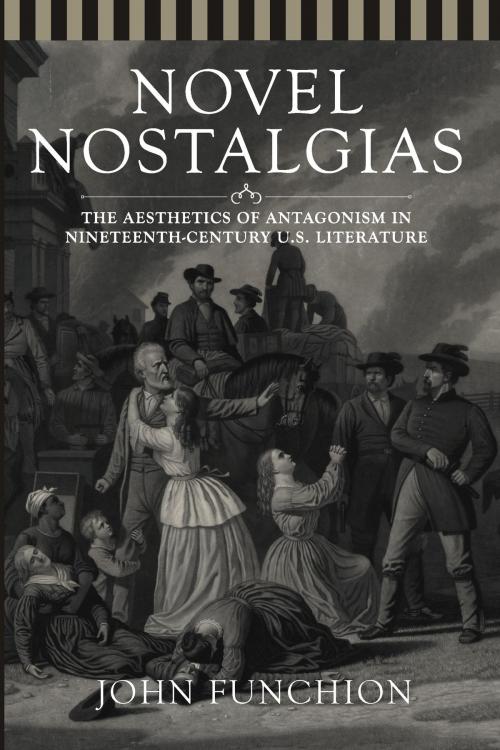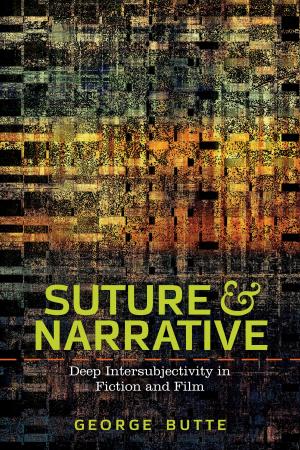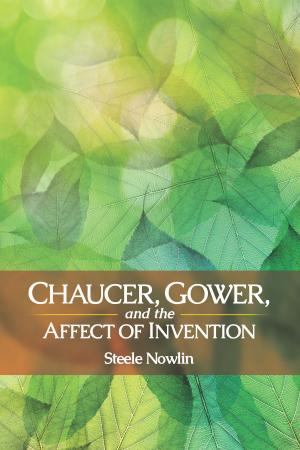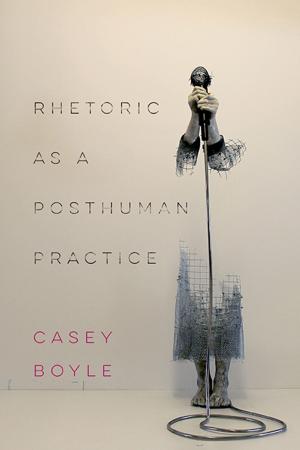Novel Nostalgias
The Aesthetics of Antagonism in Nineteenth Century U.S. Literature
Fiction & Literature, Literary Theory & Criticism, American| Author: | John Funchion | ISBN: | 9780814275252 |
| Publisher: | Ohio State University Press | Publication: | August 19, 2015 |
| Imprint: | Ohio State University Press | Language: | English |
| Author: | John Funchion |
| ISBN: | 9780814275252 |
| Publisher: | Ohio State University Press |
| Publication: | August 19, 2015 |
| Imprint: | Ohio State University Press |
| Language: | English |
Novel Nostalgias: The Aesthetics of Antagonism in Nineteenth-Century U.S. Literature establishes how the longing to recover a lost home or past drove some of the central conflicts of the nineteenth-century United States. Providing one of the few U.S. literary histories that examines cultural material from both before and after the Civil War, John Funchion argues that a diverse array of novels, from William Wells Brown’s Clotel to L. Frank Baum’s The Wonderful Wizard of Oz, imagined new politically—and antagonistically—charged communities through forms of nostalgic longing.
In contrast with studies that characterized the nineteenth-century U.S. novel as a consensus-generating form complicit with disciplinary culture, Funchion shows how novels shaped a series of culture wars by advancing antagonistic nostalgias. Southern slave owners and their slaves or industrial magnates and their union opponents alike enlisted the power of nostalgia to validate their rival visions of the nation as lost moments awaiting recovery. Antagonistic nostalgias legitimated the political claims of movements as diverse as abolitionism, sectionalism, populism, socialism, anarchism, and cosmopolitanism. Novel Nostalgias provides a deep cultural historical understanding of the nineteenth-century United States, but ultimately, it also allows for a better understanding of how twenty-first-century movements function.
Novel Nostalgias: The Aesthetics of Antagonism in Nineteenth-Century U.S. Literature establishes how the longing to recover a lost home or past drove some of the central conflicts of the nineteenth-century United States. Providing one of the few U.S. literary histories that examines cultural material from both before and after the Civil War, John Funchion argues that a diverse array of novels, from William Wells Brown’s Clotel to L. Frank Baum’s The Wonderful Wizard of Oz, imagined new politically—and antagonistically—charged communities through forms of nostalgic longing.
In contrast with studies that characterized the nineteenth-century U.S. novel as a consensus-generating form complicit with disciplinary culture, Funchion shows how novels shaped a series of culture wars by advancing antagonistic nostalgias. Southern slave owners and their slaves or industrial magnates and their union opponents alike enlisted the power of nostalgia to validate their rival visions of the nation as lost moments awaiting recovery. Antagonistic nostalgias legitimated the political claims of movements as diverse as abolitionism, sectionalism, populism, socialism, anarchism, and cosmopolitanism. Novel Nostalgias provides a deep cultural historical understanding of the nineteenth-century United States, but ultimately, it also allows for a better understanding of how twenty-first-century movements function.















